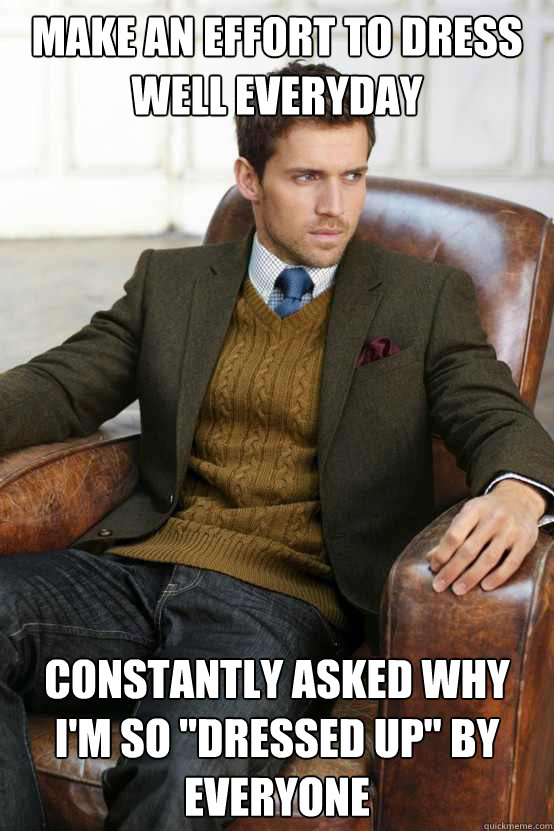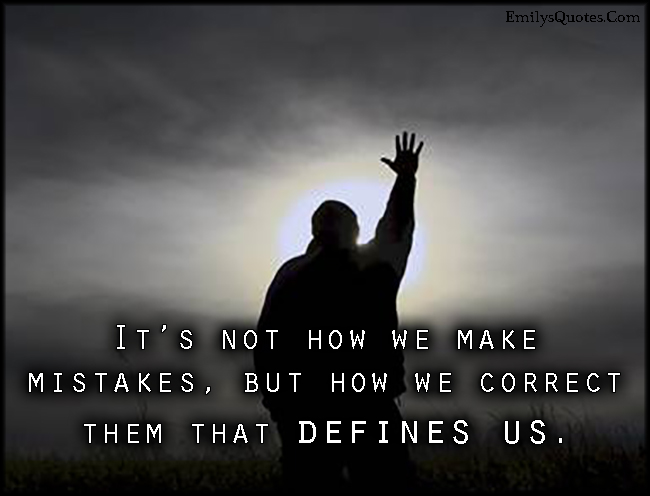Do class presentations make you nervous? How about meeting with employers for job interviews? 
If you’re anything like me, these pressure-cooker situations can be quite intimidating. Not only do they require a lot of research and carry a great deal of importance; they are also uncomfortable because they’re not typically part of our daily routines. So, how can we prepare for these difficult, and even daunting tasks? What can we do to feel comfortable in new and intense scenarios?
In the process of applying for internships, I’ve often struggled with these questions. But over the winter break, I stumbled upon Angela Duckworth’s Grit: The Power of Passion and Perseverance. Not only does Grit reflect the power of hard work and determination; it also offers several tips to help people reach their goals. In reading her advice for obtaining success, I decided to come up with my own to reach success:
1. Set goals for yourself. It’s important to stay motivated in order to stay on track. When you have an objective, you’re more likely to stick to your plan. Ask yourself, What do you want to achieve? What will it mean to you to reach this goal? Make a plan, and evaluate the steps necessary to achieve the goal.

2. Embrace challenges. Sometimes, we are going to do things that make us scared. We’re going to have to do things that may be difficult, and that may not come naturally. These tasks will make us feel awkward and distressed. But by reminding yourself why these steps are important, and accepting and positively responding to these obstacles, you can begin to overcome our initial fears and perform productively.
3. Try new things! As I reflected on my most recent semester, I realized that my “daily structure” was actually a slump. By performing the same activities, I limited my ability and desire to try new things. So shake it up! Don’t be afraid to do things you’ve never done before! The more I pushed myself to meet new people and try things that I wouldn’t normally consider, I could adapt to new circumstances more easily.

4. Be your biggest supporter. It’s easy to criticize yourself. We tend to doubt our talent, and convince ourselves we aren’t good enough to obtain our dreams. But by recognizing our abilities, and maintaining a positive outlook, we can channel this energy productively.
5. Find the fun in whatever you’re doing! I’m a big believer in Mary Poppin’s philosophy: In every task that must be done, there is an element of fun. Even when completing a complex or boring assignment, if you find ways to make the job enjoyable, snap! the job’s a game! Not only will the time fly when you perform the task; you’ll also have fun doing it.

These five steps have helped me develop a better strategy for organizing and completing my goals. These ideas have helped me face my fears, get outside my comfort zone, and ultimately envision and accomplish tasks more easily. What are some strategies you use to achieve difficult goals?









